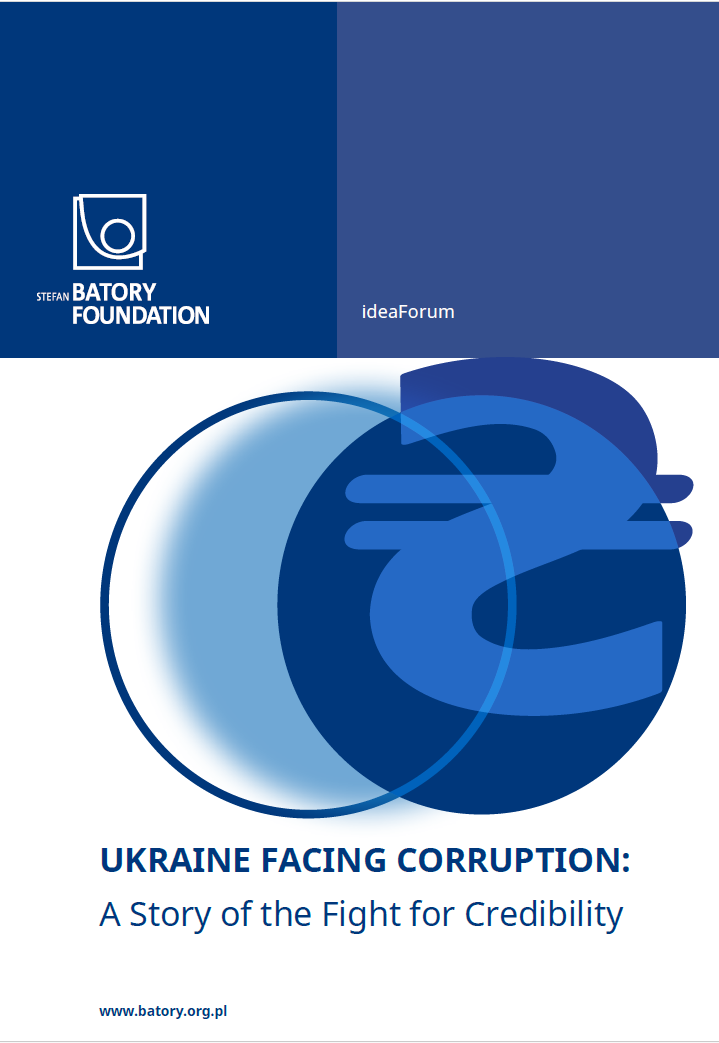The publication is being published at a turning point – as Ukraine, defending itself against Russian aggression, is simultaneously fighting for the trust of its citizens and international partners. One of the pillars of this effort is the transparency of the functioning of the state, public institutions and the international aid system.
Olha Ajwazowska, Jewhen Hlibowycki, Krzysztof Izdebski, Jana Ochrimenko i Ołesia Ostrowska-Luta have prepared a collection of texts devoted to the phenomenon of corruption, which serves as a starting point for a broader analysis of contemporary democracy in Ukraine and the complex relationship between society and the state. The authors recommendations inlude:
- Effective anti-corruption efforts in Ukraine must be accompanied by the de-shadowing of the economy;
- The Corruption Perceptions Index (CPI), despite its reliability and reputation, still does not reflect the level of corruption. Ukrainian studies indicate significant discrepancies between perceptions and actual experiences of corruption among businesses and the public. Therefore, conclusions about successes in the fight against corruption in Ukraine should be drawn on the basis of a wider set of analytical tools than the CPI.
- „Everydayʼ corruption in Ukraine is a direct consequence of structural problems in the public and communal sectors. Reform of the remuneration policy for civil servants and employees of the public and communal sector should contribute to reducing the level of corruption in Ukraine.
The authors remind us that overcoming corruption is one of the key conditions for Ukraine’s accession to the European Union. Despite many achievements in this area, corruption in Ukraine remains not only a formal obstacle on the path to EU membership, but more importantly, it hinders economic growth, sustains a large informal sector, and prevents the establishment of close cooperation with member states in various fields.
These texts also touch upon more universal issues, reaching far beyond the borders of Ukraine and Europe, as well as concisely address the phenomenon of corruption and citizens’ relationship with the state, moving beyond regulatory matters. They describe psychological, historical
and systemic factors which are too rarely discussed in the context of attempts to grasp the crisis of citizen trust in the state, with the debate too often narrowed to the regulatory sphere.




 pobierz pdf
pobierz pdf